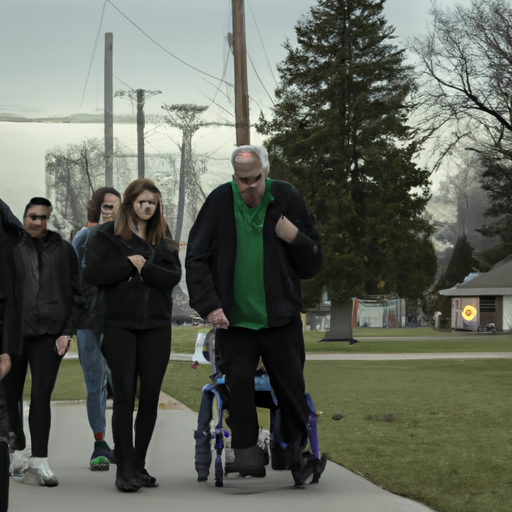Ontario Allocates Funding to Combat the Opioid Crisis in Belleville
Following the rampant and devastating wave of the opioid crisis in Canada, Ontario’s Premier, Doug Ford, recently announced additional funding for the fight against opioid overdoses in the city of Belleville. An in-depth look into the situation can be found in this recent CityNews piece.
The Opioid Crisis in Canada
The opioid crisis is a global problem that has hit Canada with devastating force, mirroring trends observed in the United States and other western countries. According to significant evidence, opioids, a class of narcotics, are often misused, leading to drug addiction, homelessness, increased crime, and overdose deaths. They can be both legally prescribed for pain relief or illicitly obtained.
The Belleville Scene
Belleville, Ontario, as with many other regions across Canada, has been severely impacted by this crisis. The increasing number of fatal overdoses has understandably led to calls for urgent intervention from the government and healthcare institutions. Having recognized the need for immediate action, Premier Doug Ford has pledged extra funds to help alleviate the current situation.
These critical funds are targeted towards prevention programs, healthcare support, and the supply of life-saving Naloxone kits to reverse the effects of opioid overdoses. The aim? To not only reduce the number of people misusing opioids but also provide help for addicts and subsequently decrease the number of drug-related deaths.
Focusing on the Community
The opioid crisis hasn’t just affected the individuals struggling with addiction; it’s had a broader societal impact. It has led to an increase in crime rates and a rising number of homeless individuals. By implementing effective response strategies, stakeholders aim to combat these indirect consequences of the crisis.
Ongoing Efforts to Battle the Crisis
The funds promised by Premier Doug Ford for Belleville play into a wider plan to combat the opioid crisis in Ontario as a whole. Measures that have been taken so far to tackle the crisis include:
- Providing Naloxone kits for emergency opioid overdose situations
- Promoting awareness and education about opioid misuse and addiction
- Securing safe spaces for addicts to use drugs, minimizing the risk of overdose and spreading diseases like HIV and Hepatitis C
- Supporting healthcare professionals with additional training and resources to better assist those struggling with addiction
- Ensuring opioid prescriptions are regulated to prevent misuse
Even as these significant strides are being made in the battle against the opioid crisis, it is crucial to stress the need for continuous support from government and private sectors, as well as the larger community, in this ongoing fight.
Conclusion
In conclusion, the opioid crisis in Canada is a complex public health issue that demands the commitment and attention of everyone – from government officials to local communities. The recent funding allocation for Belleville is a positive step in the right direction, signaling the ongoing commitment of the administration to wage a robust war against the opioid class action in Ontario.
Although there is still a long way to go, with a combination of support, funding, strategic interventions, and community education, the province can hopefully make significant progress in reducing the impact of this devastating crisis. This battle is not just about eradicating drug misuse and associated health issues; it’s about creating compassionate, resilient communities across Canada.
